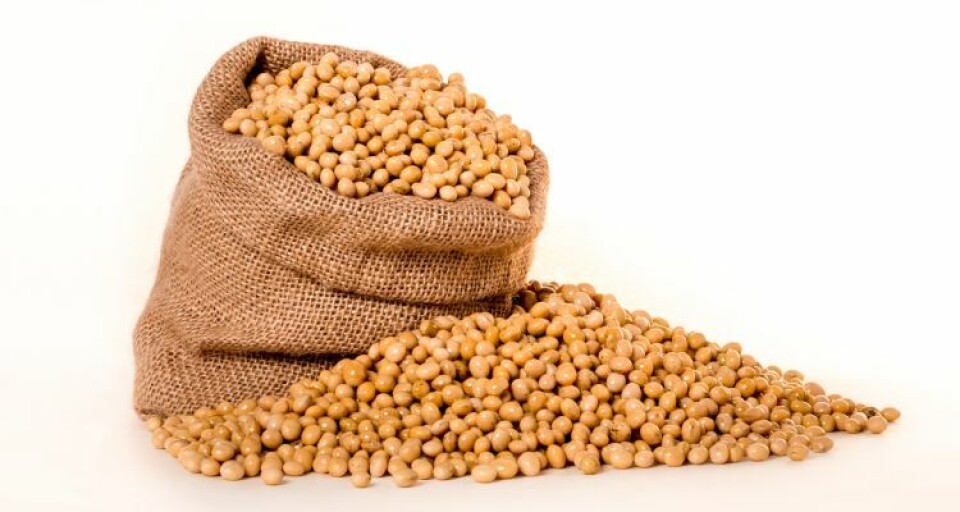
Genes 'useful markers' of plant-loving fish
Scientists have identified 63 genes that may be useful markers for selecting fish with a greater tolerance to a plant-based diet.
The United States Department of Agriculture’s Agricultural Research Service has, through genetic selection of eight generations over 16 years, created a strain of rainbow trout that exceeds parental lines in the use of a diet based on vegetable protein, which grows twice as fast and does not develop enteritis in the distal intestine.
Using this genetically selected strain as a control, they performed a 12-week study in which they compared the effects of a diet based on animal protein and another based on plant protein, with an unselected strain. Their aim was to investigate the changes produced in tissues and determine which genes are critical for the use of vegetable protein in the absence of intestinal inflammation.
Tolerance to plant proteins
Within the results they discovered that 63 genes are involved in tolerance to plant proteins, most of them expressed in the liver and involved in the metabolism of thiamine and purine. In addition, they asserted that these differences may have implications on the non-specific immunity of fish.
Finally, the scientists identified a gene involved in inflammatory bowel disease and coeliac disease, similar to those identified in humans. They said that "this evidence suggests that the selected rainbow trout strain has great potential as a biomedical model for human inflammatory bowel diseases".
Finding alternative sources of protein for salmon diets remains a major concern for aquaculture. The availability of fishmeal and fish oil is limited by the number of forage fish in the sea, and it is relatively expensive.
Poor digestibility
Vegetable-derived protein is almost unlimited, and cheaper, but comes with its own problems. Unsatisfied nutritional requirements, poor digestibility and bioavailability of essential nutrients and reduced palatability are just some of the issues producers face when using protein sources of plant origin.
In addition, studies have shown that some plant ingredients, such as soya beans and other legumes, induce severe intestinal inflammation when present in the diet above certain levels.
As such, being able to identify fish that are more tolerant to a plant-based diet would be a welcome asset for aquaculture.
Read the full study, Integrative functional analyses using rainbow trout selected for tolerance to plant diets reveal nutrigenomic signatures for soy utilization without the concurrence of enteritis, here.






















































